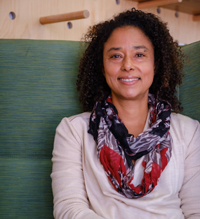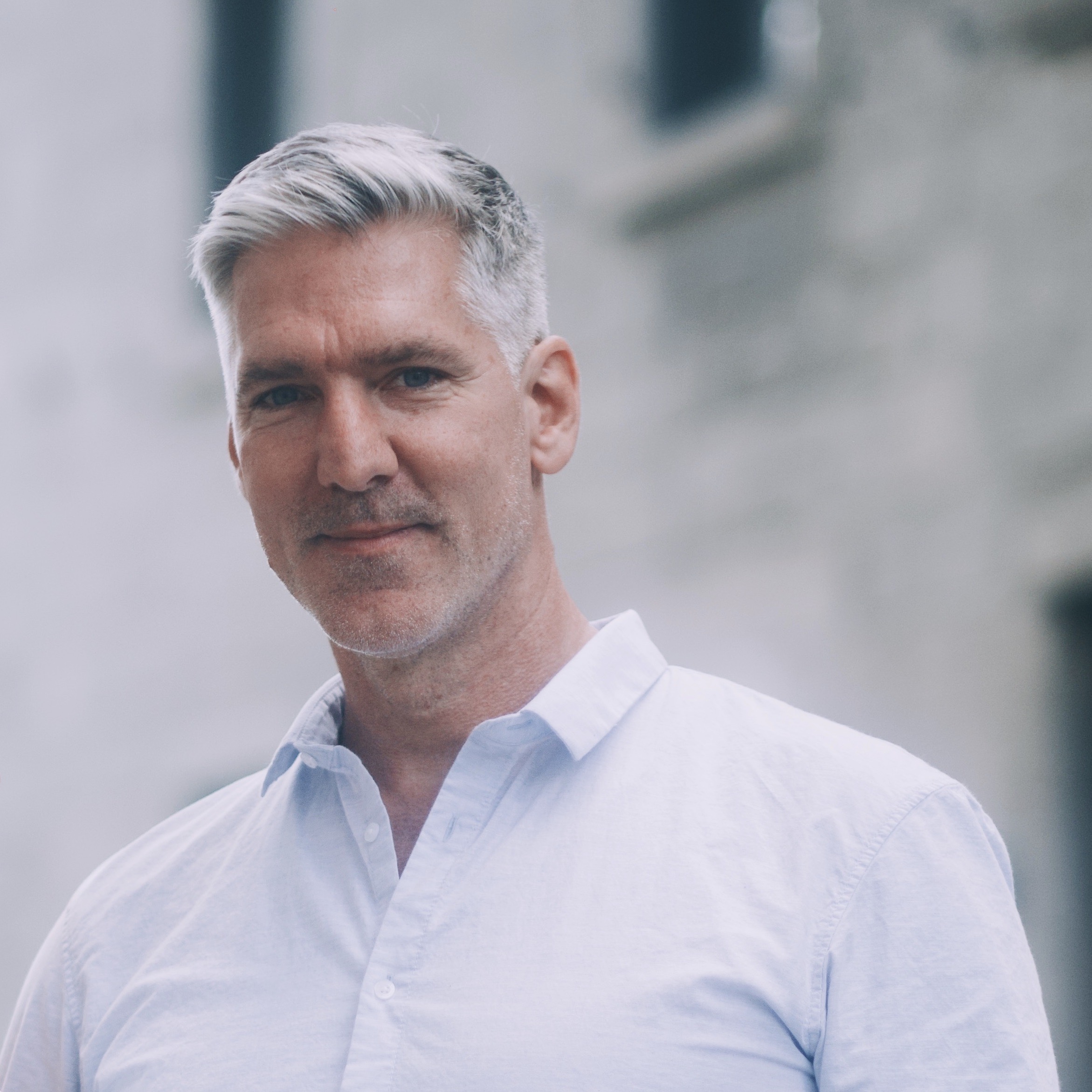Restorative Justice and the Design of Intentional Physical Spaces
When: April 20, 2022, 12-1:30 p.m. EST
Guests: Deanna Van Buren, Barb Toews, Cynthia Imogen Hammond, Greg Labrosse, and Dr Ipek Türeli
Host: Tarek Maassarani
How much have you considered the role that physical space plays in your restorative justice program or practice? This webinar will explore the important role of the intentional design of space from spaces that respond to survivor needs for respite, justice, and healing while they attend courthouse-based justice proceedings to architecture and infrastructure that tackles the root causes of mass incarceration. Our panelists are renowned practitioners, artists, researchers, and scholars from across several disciplines with a shared interest in the intersection of physical space and restorative justice.
Guest Bios

Deanna Van Buren is the co-founder and executive director of Designing Justice + Designing Spaces. An architecture and real estate nonprofit working to end mass incarceration through place-based solutions, DJDS builds infrastructure that address its root causes: poverty, racism, unequal access to resources, and the criminal justice system itself. She has been profiled by The New York Times, and her TED Talk on what a world without prisons could look like has been viewed more than one million times. Van Buren received her MA from Columbia University and is an alumna of the Loeb Fellowship at Harvard’s Graduate School of Design.

Barb Toews is Associate Professor of criminal justice at University of Washington Tacoma. Her research focuses on the relationship among restorative justice, environmental design, and socio-emotional-behavioral and judicial outcomes, with a concern for people who have caused harm, those who have experienced harm, and criminal justice practitioners. Barb has numerous academic and technical publications related to restorative justice and design. She is also the author of The Little Book of Restorative Justice for People in Prison and, with Howard Zehr, co-author of Still Doing Life and Critical Issues in Restorative Justice. She currently edits the Little Books of Restorative Justice series.

Cynthia Imogen Hammond is an artist and a professor of Art History at Concordia University. Her work focuses on women and the history of the built environment, urban landscapes, research-creation, and oral history. She has published on the spatial history of the suffrage movement, public art, gardens, and the politics of urban change. In addition to her research on the spaces of restorative and transitional justice, Dr. Hammond is leading an oral history project on the urban memories of diverse Montrealers.

Greg Labrosse is a PhD candidate in Humanities at Concordia University. His research focuses on spatial agency, social aesthetics, youth narratives, and graphic representations of urban memory. He has published on the relationship between children, play, and public space in Cartagena, Colombia. He has also worked as an editor on literary projects, including Territorio Fértil, which received the María Nelly Murillo Hinestroza award for Afro-Colombian literature.

Dr Ipek Türeli is Associate Professor and Canada Research Chair (Tier 2) at the Peter Guo-hua Fu School of Architecture at McGill University, Montréal, Québec, Canada. Her research interests include low-income housing and participatory design, civil protest and urban design, and campus landscapes and race. Her publications include the co-edited book, Orienting Istanbul (2010) and solo-authored book, Istanbul Open City (2018).


